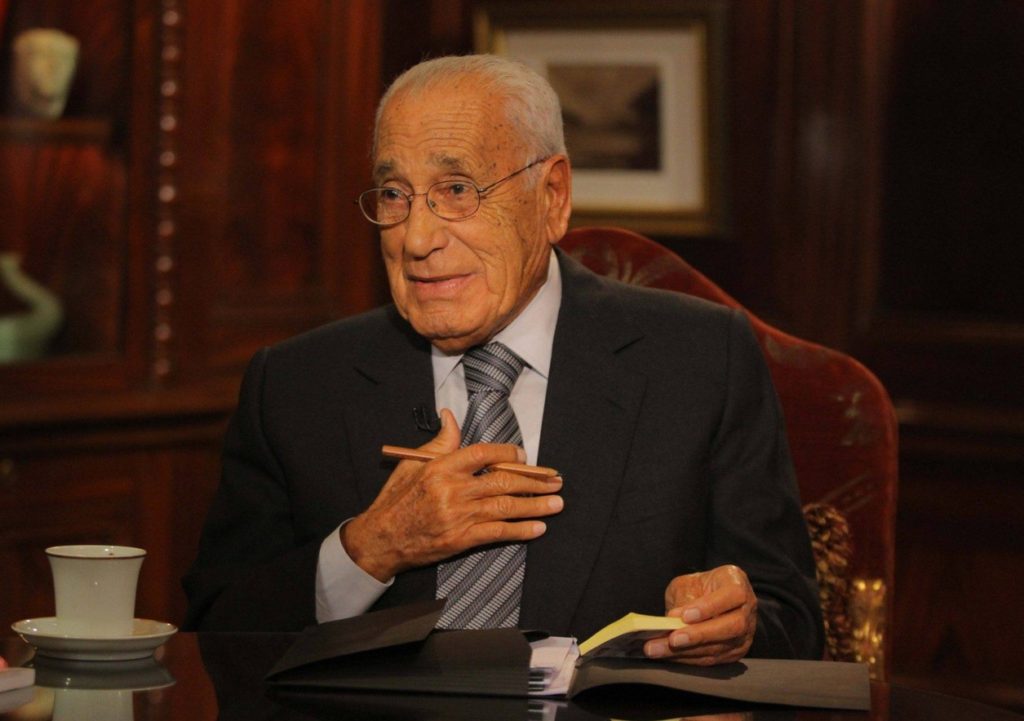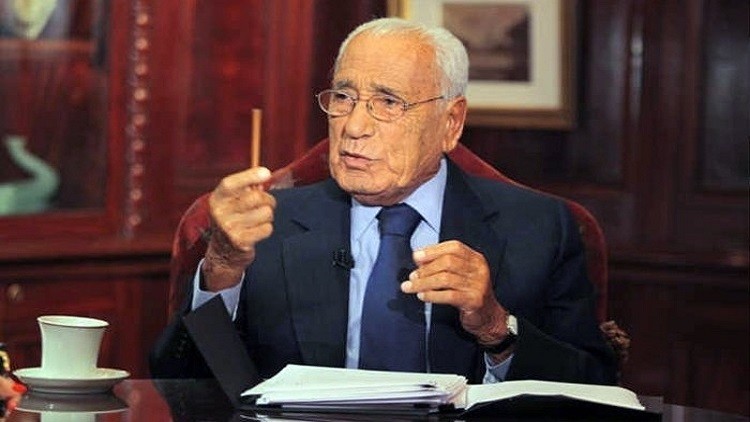By Muhammed Aladdin
According to Ahram Online, the late Egyptian Journalist Mohammed Hassanein Heikal’s widow, Hedayat Taymour, has signed an agreement with Bibliotheca Alexandrina. According to the agreement’s articles Heikal’s books, personal papers, and other belongings, in addition to his desk will be kept on public display at the Great Library of Alexandria.
On behalf of Heikal’s family, Mrs. Taymour expressed her wish to share the journalism icon’s legacy with future Arab generations. The man has reported about many of the region’s biggest turning points and has lived through a myriad of its historical events, and the youth needs to be aware of his impact on journalism in the Arab World.

Before Heikal became the father of Egyptian, and possibly Arab, journalism, he was born to a wealthy wheat merchant in the Nile Delta. As the family’s eldest son, he was groomed to take over the family business. However, the young man had a vision of his own and decided to pursue a career in journalism.
The young journalist-to-be followed his heart and joined the American University in Cairo and in four years, he had earned his degree. Heikal joined the ranks of the Egyptian Gazette, then British-controlled, and covered the World War II battle of Al-Alamein. Until 1943, the established journalist worked as a reporter for the
With the rise of the 1952 revolution and the ousting of the Egyptian Royal Family, Heikal joined Al-Akhbar, one of the major papers in Egypt to this day. During this period, he became friends with President Gamal Abdel Nasser, and soon he was helping the president articulate his thoughts into speeches.
In a rather expected move, President Nasser appointed Heikal as the editor-in-chief of the state-owned Al-Ahram, which Heikal drastically transformed over his 14 years as its editor. He worked on improving the paper’s accuracy, objectivity, and overall quality. In addition, he encouraged the hiring of university graduates as investigative reporters.
Al-Ahram has been called “The Egyptian New York Times” while Mohammed Hassanein Heikal was dubbed “The Voice of Egypt.”
Following Nasser’s death in 1970, Heikal was appointed by his successor, President Anwar Al-Sadat, as the Minister of Information, but four years later and after differences with the Egyptian head of state, he resigned. Heikal spent the following years hosting a number of lectures commentating on world events entitled “Ma’a Heikal” (With Heikahl).
In 2003, at the age of 80, in the monthly magazine “Weg-
In his long career, he wrote a large volume of books offering insight into the politics of the Arab World from the Sykes-Pico agreement to the rise of the Arab Spring. In 2016, a few months after his 92nd birthday, the journalism legend passed away from renal failure, but his words still echo until today.




